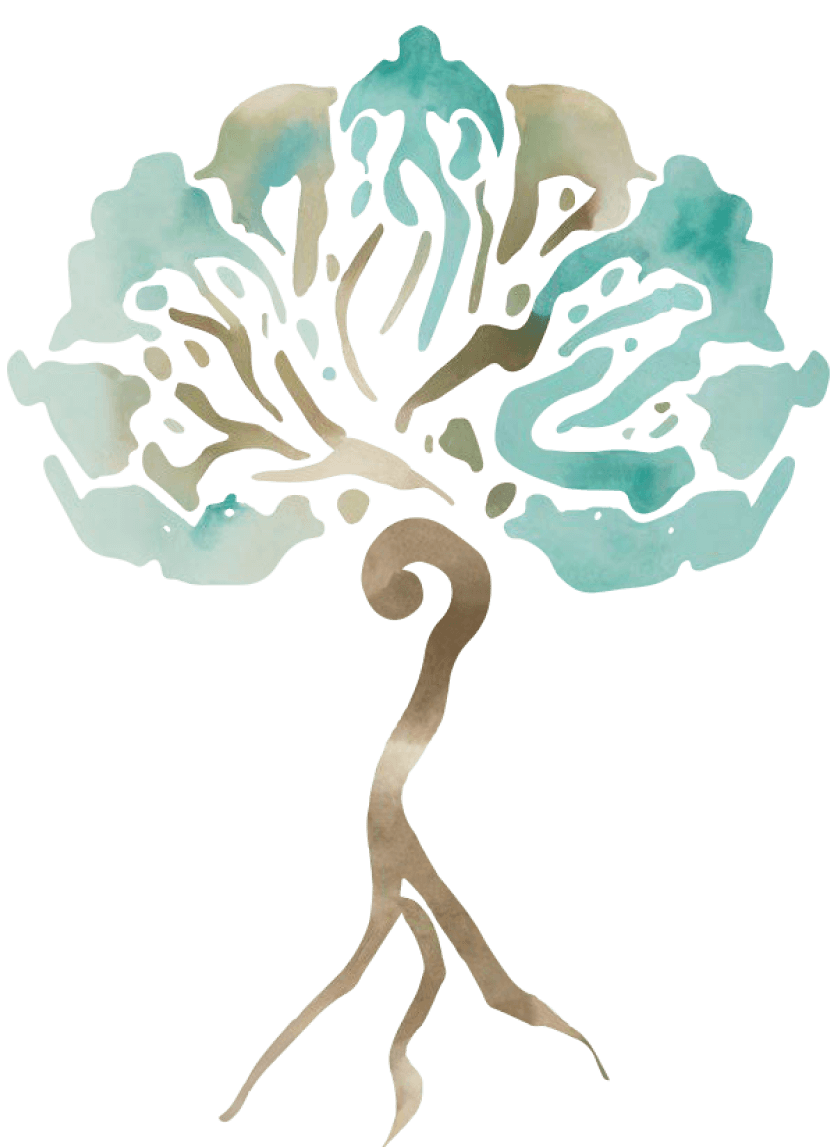Depression
Depression, clinically referred to as major depressive disorder, is a medical condition that negatively affects thoughts, behaviours, actions, and feelings.
What is depression?
Depression, clinically referred to as major depressive disorder, is a medical condition that negatively affects thoughts, behaviours, actions, and feelings.
When someone has depression, they often feel sad and lose interest in activities that they used to enjoy. Left untreated, it can interfere with daily functioning at work and home. It can also manifest with physical symptoms such as digestive problems, sleep issues, and muscle aches.

Depression is a serious illness as it can lead to thoughts of suicide and feelings of low self-esteem. It can also cause relationship problems as people with depression sometimes become aggressive towards their friends and family or socially withdraw from them.
Additionally, people who have untreated depression are at a high risk of developing chronic medical conditions such as cardiovascular disease, arthritis, diabetes, and high blood pressure. However, social stigma may prevent people with depression from seeking help or support.
Although it is normal to feel sad or down from time to time, especially after a challenging event, depression is when someone has these feelings for a prolonged period (two weeks or more). These negative thoughts and feelings also significantly affect their daily routine, health, and behaviour, such as avoiding work, isolating themselves from friends and family, sleeping too much, losing weight, and being more irritable than usual.
Although depression is a widespread medical condition affecting approximately 17% of the population in Singapore, it is highly treatable and manageable with a variety of effective options available, from cognitive behavioural therapy to meditation.
What causes depression?
There is no exact cause of depression, as it is a complex medical condition. However, research shows that various reasons and factors may trigger it. For some people, it is a combination of stressful or upsetting events such as divorce, illness, unemployment, and alcohol abuse that may lead to depression or make it worse. It may also be caused by faulty mood regulation for some people.


Here are some of the factors that often lead to depression:
- Brain chemistry: imbalances in neurotransmitters such as serotonin, dopamine, and norepinephrine are often linked to depression.
- Genetics: a family history of depression is believed to increase the risk of developing the condition. Additionally, certain genetic factors may make some people more likely to experience depression.
- Personality: certain personality traits, such as low self-esteem, a negative outlook, and being overly self-critical, may lead to depression.
- Stress: experiencing traumatic events that cause high levels of stress, such as abuse, loss of a loved one, or a major life change, can trigger depression. Persistent issues, such as financial problems, relationship issues, and work stress, can also lead to depression.
- Chronic illness: certain medical conditions, such as chronic pain, cancer, or certain neurological disorders, can cause the development of depression.
- Medications: some medications, including certain types of steroids and hormonal drugs, can cause depression as a side effect.
- Hormonal changes: hormonal fluctuations that occur during pregnancy, postpartum, or menopause can also contribute to depression.
What are the symptoms of depression?
Several symptoms of depression vary in severity. These include:

- Losing interest or pleasure in activities
- Weight loss or gain
- Reduced appetite or intense food cravings
- Trouble sleeping
- Excessive sleepiness
- Feeling restless, agitated, or aggressive
- Feeling sluggish
- Being lethargic and tired
- Feeling worthless and lacking self-confidence
- Difficulty concentrating and making decisions
- Thoughts of death and suicide
- Physical problems without other medical reasons, such as back pain, migraines, and digestive issues
Who is at risk of depression in Singapore?


Depression can affect anyone in Singapore, as it can affect anyone regardless of age, race, gender, or socioeconomic background. However, certain factors may increase the risk:
- Age: adolescents, young adults, and older people may be more prone to developing depression.
- Chronic illness: those with long-term medical conditions such as cancer are at risk of developing depression.
- Stressful life events: having financial issues, work stress, relationship problems, or losing a close friend or family may lead to depression. High-stress jobs without sufficient time for rest may also lead to depression for some people.
- Substance abuse: abusing alcohol and drugs may be a risk factor for depression, especially when combined with stressful life events.
- Mental health issues: having other mental health disorders, such as anxiety, insomnia, and stress-related disorders, may lead to depression.
While not everyone experiencing these factors will develop depression, it is crucial to seek professional support if you or someone you care about is displaying symptoms. Contact us now for an appointment.
How is depression diagnosed?
Diagnosis for depression often includes the following:
- Medical assessment: a psychiatrist will conduct a physical examination and inquire about the patient’s overall health, as depression may be a symptom of an underlying health issue. The doctor may also perform a blood test to check hormone levels.
- Psychiatric evaluation: a psychiatrist evaluates your symptoms, thoughts, feelings, and behaviours. This may be done through talk therapy or by answering a questionnaire.
DSM-5 criteria: psychiatrists refer to the Diagnostic and Statistical Manual of Mental Disorders (DSM-5), published by the American Psychiatric Association, to diagnose depression.
What are the treatment options for Depression in Singapore?


In Singapore, treating depression typically involves a combination of therapies. Treatment for depression is highly individualised as it depends on the patient’s severity of symptoms and type of depression. In general, the treatment options for depression are:
- Medication: Antidepressant medications, such as SSRIs and SNRIs, may be prescribed by a psychiatrist to manage symptoms of depression.
- Hospitalisation: in severe cases, hospitalisation may be necessary for intensive treatment and monitoring to prevent the patient from causing harm to themselves or others.
- Electroconvulsive therapy (ECT): ECT involves controlled electrical currents to induce a brief seizure to treat depression.
- Support groups: support groups or participating in group therapy can provide a sense of community and understanding to manage this long-term condition.
- Mind-body practices: yoga, meditation, and deep-breathing exercises can help manage stress and improve mental well-being for those with depression.
- Lifestyle changes: lifestyle changes such as engaging in regular exercise, maintaining a healthy diet, and getting enough sleep may be advised to help manage depression.
- Cognitive behavioural therapy (CBT): CBT helps focus on altering negative thought patterns and behaviours.
- Interpersonal therapy (IPT): IPT for depression works by addressing relationship issues and conflicts.
- Mindfulness-based cognitive therapy (MBCT): MBCT for depression involves integrating cognitive therapy with mindfulness techniques.
Frequently asked questions
Why do people get depressed?
Various factors can lead to depression, including living in high-stress environments, experiencing challenges in family life, coping with the loss of a loved one, or struggling with alcohol abuse. Additionally, feelings of loneliness and isolation can play a role in contributing to depression
How do I know if I have depression?
If you notice symptoms of depression such as a continuous feeling of sadness, disinterest in activities that once interested you, irritability, thoughts of death or suicide, etc, you may have depression. Remember, you are not alone, and support is available. Contact us now for an appointment, and let us help you make your way back.
Does diet and lifestyle habits have an impact on depression?
Studies have shown that an unhealthy diet and lifestyle habits can be a precursor for depression. When adjusting your diet, take it one step at a time or even one meal at a time. Small steps lead to great actions!
How do I help someone with depression?
If you suspect that your loved one has depression, start by letting them know you’re there for them without judgment and with patience. It may not be easy to convince them to seek help, but here are some tips.

Reach out towards recovery
Readily available help
There are numerous resources catered specifically for young adults, including counselling services at colleges and universities, and employee assistance programs (EAP) at many workplaces.
Confidentiality
We respect your privacy—any discussions you have with us are kept strictly confidential.
Holistic wellbeing
Your mental health matters just as much as your physical health. Taking care of your mind is a crucial part of your overall wellbeing.

